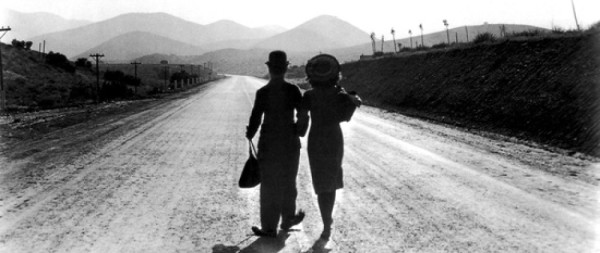Repeat Performance
Directed by Alfred L. Werker
Written by Walter Bullock from a novel by William O’Farrol
1947/US
Bryan Foy Productions
IMDb page
First viewing/Criterion Channel
William Williams: Destiny’s a stubborn old girl. She doesn’t like people interfering with her plans. Anyway, I don’t think she cares about the pattern as long as the result is the same.
So glad to be reunited with my TV screen! Criterion Channel has a collection of holiday-themed films noir this month and I’m starting with this one.
As the film begins actress Sheila Page (Joan Leslie) and her evil alcoholic husband Barney (Louis Hayward) are hosting a party to ring in 1947. Before they can even greet their guests, Sheila murders Barney (not a spoiler, this happens within the first couple of minutes). Sheila immediately regrets this and wishes that she could relive 1946 and undo many of the things that happened. Surprise, her wish is granted! But can she foil the Fickle Finger of Fate? With Richard Basehart as her evidently gay poet friend and Tim Conway as a Broadway producer.

Basehart was so good in his film debut that he ended up third on the bill. Despite some gaping plot holes, it is interesting. This was a venture of Poverty Row distributor Eagle-Lion films into “prestige” filmmaking. It was long thought to be a lost film.




























